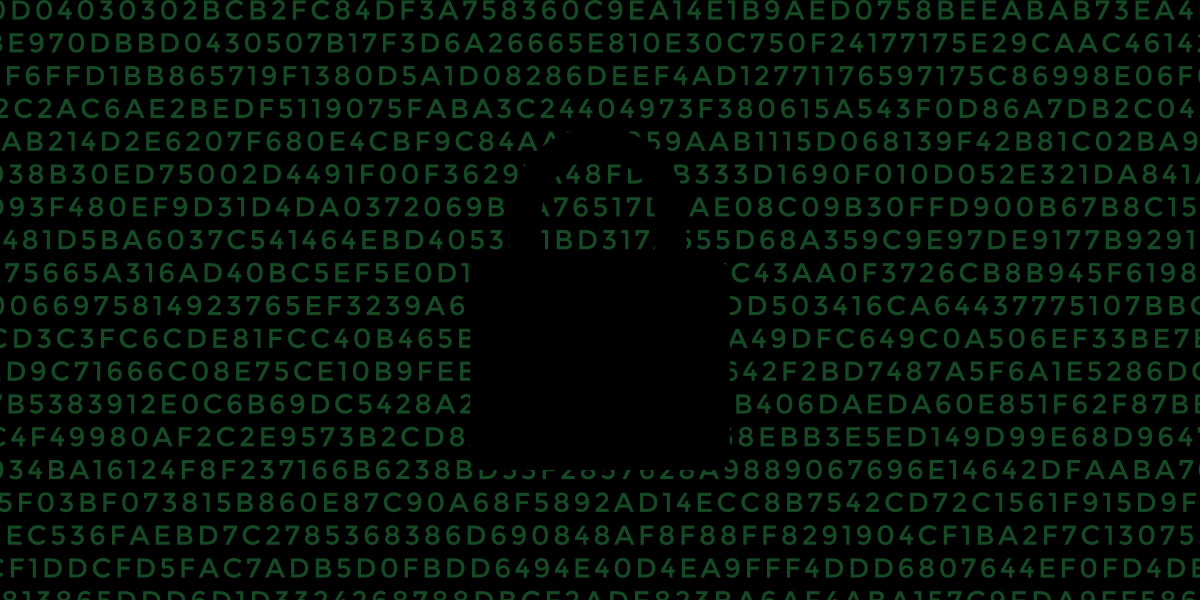Last week, the Utah Supreme Court ruled that prosecutors violated a defendant’s Fifth Amendment privilege against self-incrimination when they presented testimony about his refusal to give police the passcode to his cell phone. In State v. Valdez, the court found that verbally telling police a passcode is “testimonial” under the Fifth Amendment, and that the so-called foregone conclusion exception does not apply to “ordinary testimony” like this. This closely tracks arguments in the amicus brief EFF and the ACLU filed in the case.
The Utah court’s opinion is the latest in a thicket of state supreme court opinions dealing with whether law enforcement agents can compel suspects to disclose or enter their passwords. Last month, EFF supported a petition asking the U.S. Supreme Court to review People v. Sneed, an Illinois Supreme Court opinion that reached a contrary conclusion. As we explained in that brief, courts around the country are struggling to apply Fifth Amendment case law to the context of compelled disclosure and entry of passcodes.
The Fifth Amendment privilege protects suspects from being forced to provide “testimonial” answers to incriminating lines of questioning. So it would seem straightforward that asking “what is your passcode?” should be off limits. Indeed, the Utah Supreme Court had no trouble finding that verbally disclosing a passcode was protected as a “traditionally testimonial communication.” Notably there has been dissent from even this straightforward rule by the New Jersey Supreme Court. However, many cases—like the Sneed case from Illinois—involve a less clear demand by law enforcement: “tell us your passcode or just enter it.”
Unfortunately, many courts, including Utah, have applied a different standard to entering rather than disclosing a passcode. Under this reasoning, verbally telling police a passcode is explicitly testimonial, whereas entering a passcode is only implicitly testimonial as an “act of production,” comparable to turning over incriminating documents in response to a subpoena. But as we’ve argued, entering a passcode should be treated as purely testimonial in the same way that nodding or shaking your head in response to a question is. More fundamentally, the U.S. Supreme Court has held that even testimonial “acts of production,” like assembling documents in response to a subpoena, are privileged and cannot be compelled without expansive grants of immunity.
A related issue has generated even more confusion: whether police can compel a suspect to enter a passcode because they claim that the testimony it implies is a “foregone conclusion.” The foregone conclusion “exception” stems from a single U.S. Supreme Court case, United States v. Fisher, involving specific tax records—a far cry from a world where we carry our entire life history around on a phone. Nevertheless, prosecutors routinely argue it applies any time the government can show suspects know the passcode to their phones. Even Supreme Court justices like Antonin Scalia and Clarence Thomas have viewed Fisher as a historical outlier, and it should not be the basis of such a dramatic erosion of Fifth Amendment rights.
Thankfully, the Utah Supreme Court held that the foregone conclusion doctrine had no application in a case involving verbal testimony, but it left open the possibility of a different rule in cases involving compelled entry of a passcode. Make no mistake, Valdez is a victory for Utahns’ right to refuse to participate in their own investigation and prosecution. But we will continue to fight to ensure this right is given its full measure across the country.
Source: EFF
Andrew’s work focuses on surveillance, privacy, and cybersecurity. As Surveillance Litigation Director, he leads EFF’s legal work on issues at the intersection of technology and privacy through lawsuits and amicus briefs in state and federal courts, including the U.S. Supreme Court. He also leads EFF’s Coders’ Rights Project, which provides representation for security researchers, journalists, and hackers, who often face unwarranted legal threats and scrutiny for their work. Representative cases include challenging the constitutionality of national security letters (NSLs); working to establish that the Fifth Amendment privilege against self-incrimination protects against the compelled decryption of electronic devices; and limiting overbroad anti-hacking laws such as the Computer Fraud and Abuse Act (CFAA). He also writes and speaks about EFF’s legislative and advocacy priorities including FISA Section 702, anti-encryption proposals, location tracking and other novel surveillance techniques. He received his undergraduate and law degrees from Harvard University.
Become a Patron!
Or support us at SubscribeStar
Donate cryptocurrency HERE
Subscribe to Activist Post for truth, peace, and freedom news. Follow us on SoMee, Telegram, HIVE, Minds, MeWe, Twitter – X, Gab, and What Really Happened.
Provide, Protect and Profit from what’s coming! Get a free issue of Counter Markets today.


Be the first to comment on "Victory: Utah Supreme Court Upholds Right to Refuse to Tell Cops Your Passcode"